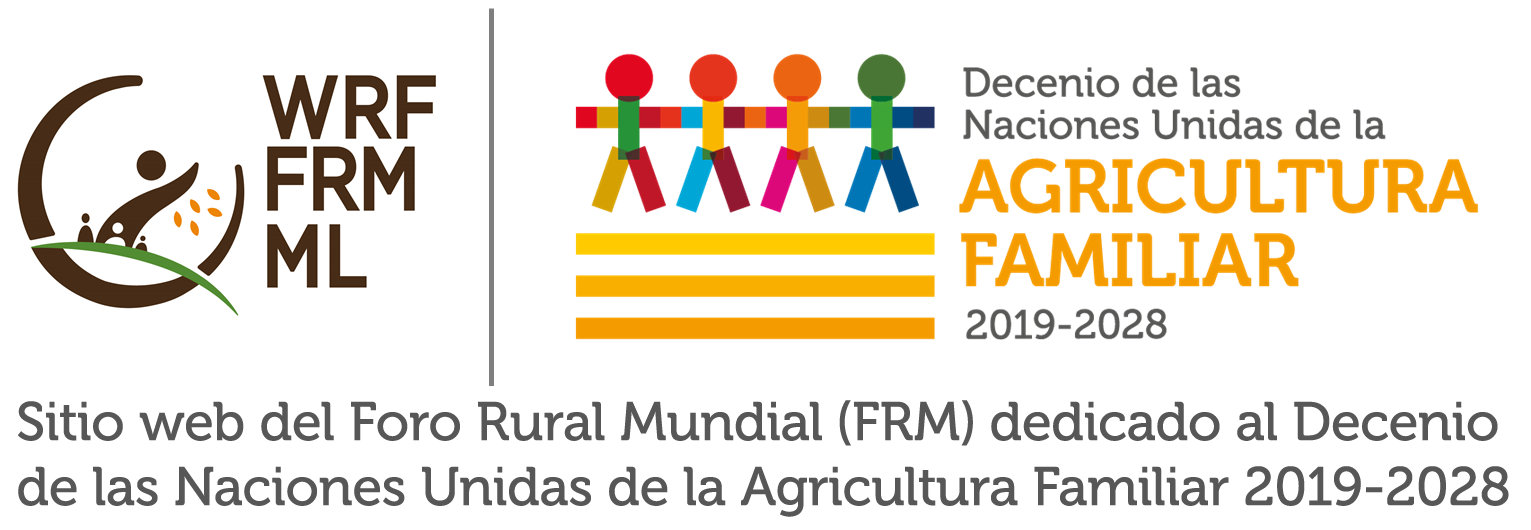National Committees of Family Farming (NCFF) are consolidating as a key player in promoting policy dialogue and collaboration for the implementation of the United Nations Decade of Family Farming (UNDFF) 2019-2018.
July 6, 2021.- The NCFF have contributed in recent months to important public policy achievements in favour of family farming, such as the adoption of the National Action Plan for Family Farming 2019-2028 in the Philippines, the approval of the Family Farming Law in El Salvador, and the Law that Promotes the Empowerment of Rural and Indigenous Women in Peru. Likewise, the processes of elaboration of UNDFF National Action Plans are progressing strongly in countries such as Sierra Leone, Madagascar, Côte d’Ivoire and Togo.
All of them are very important steps forward for Family farming to be recognised as a key sector in the countries and to have an enabling policy environment that allows its development with a holistic approach. An improvement in regulatory, institutional and budgetary frameworks targeting family farming and facilitating access to natural resources such as land and water; agroecological production; access to credit; access to markets; fair prices; organisational strengthening; women’s empowerment; and generational sustainability, to mention some of the main issues on the agenda.
There are currently 45 NCFFs in countries in Africa, Latin America and the Caribbean, Asia Pacific and Europe, grouping together more than 1,582 farmers’ organisations, NGOs, public entities, research centres, cooperation agencies, etc. At least 966 members of the NCFFs are Family farming organisations. The NCFF network continues to grow with the incorporation of Gabon and the Republic of Congo in recent months.
A hallmark of the UNDFF 2019-2028 is the enormous existing mobilisation, policy dialogue and collaboration between the main actors to decisively promote active policies in favour of family farming. The NCFF, together with governments, family farming organisations, FAO, IFAD and other agencies, are carrying out an intense agenda of meetings, policy dialogue forums, consultations and communication campaigns to inform about the UNDFF 2019-2028 and involve civil society, farmers’ organisations, public institutions and cooperation agencies in the development of National Action Plans in more than 51 countries around the world.
Measures to strengthen policy dialogue, mobilisation of financial and technical resources, together with capacity building, especially of NCFFs, have accelerated progress in the implementation of the UNDFF 2019-2028 in countries. It is essential to continue to support these processes in a determined manner. Thus the Decade of Family Farming will bring new and better laws, policies, programmes and budgets to respond to the needs, while unleashing the transformative potential of family farming, while ensuring sustainable, resilient, inclusive and viable food systems.


